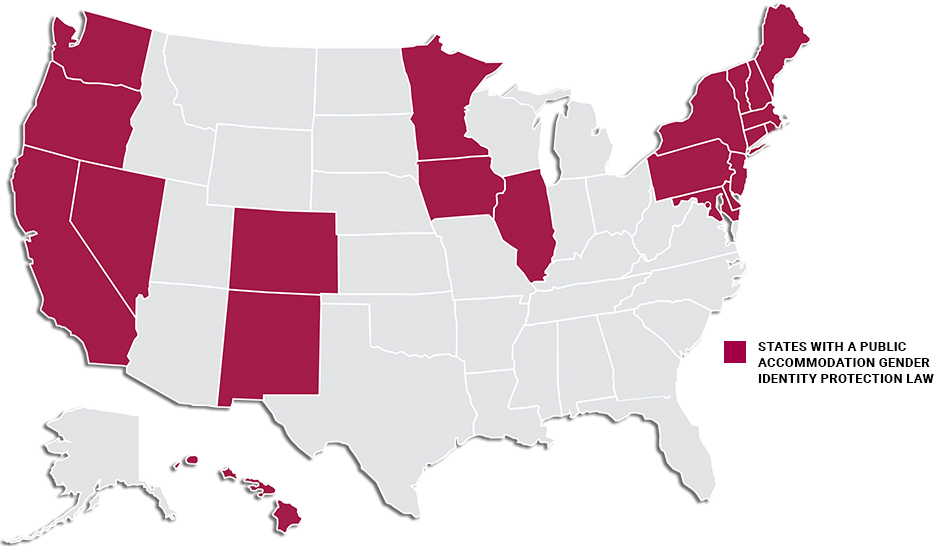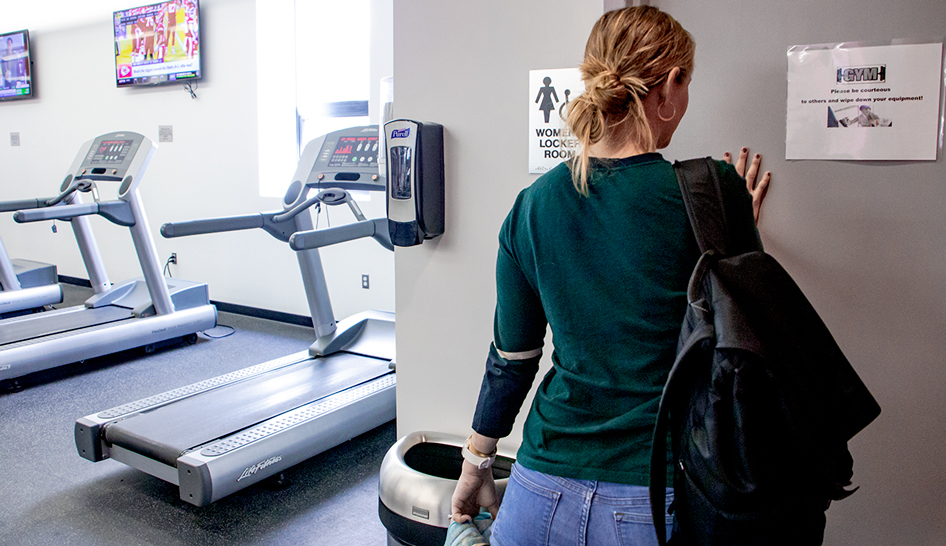What do I do if a transgender person joins my club?
I get this question a lot from health club owners and operators. Circumstances, unfortunately, puts fitness industry professionals in the tricky position of being the referee between two essential rights.
These fundamental rights are the human rights of transgender members and the privacy rights of other members.
A big issue for clubs and one of their number one concerns that I hear about is what to do when a transgender individual wants to join a club.
The first thing you need to know is that more and more states are passing laws protecting gender identity. Meaning, the law in these states says that you cannot discriminate against someone based on their gender identity. Clubs in these states must allow their members to use the locker room of the gender with which they identify. Currently, 21 states have passed gender identity protection laws, and this trend is not going away.


